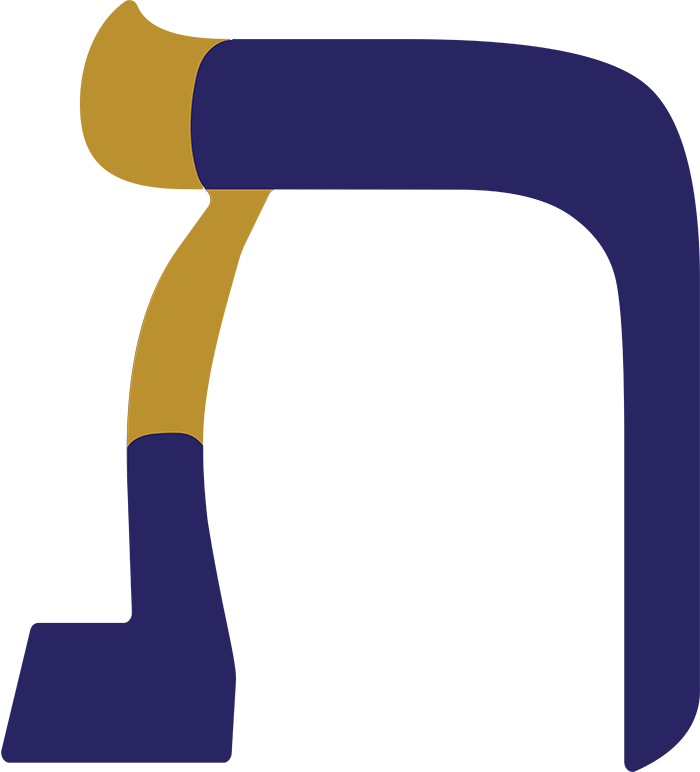The Tree of Life - Part 2
In the last article, I explored the link between the Torah and the Tree of Life. Now it is time to look at the Torah as a dynamic legal and ethical system.
Written Torah is constitution. It is divine in origin and therefore unchangeable, apart from emergency measures, which permit the sages of each generation to institute temporary overrides.
An example of this is that the Torah prohibits making offerings on a bama (temporary altar) after the establishment of the mishkan (tabernacle) in Israel.
Yet Eliyahu Hanavi (Elijah the Prophet) many years after this prohibition came into effect, in his fierce battle with the Jews who were worshipping idols, challenged them to make a fire descend from heaven through offerings on a bama. They took up the challenge but failed.
This constitution is required because there are actions we can take that seem innocuous to us, but can have huge ramifications in the spiritual realms. If not for this constitution, we might be inclined to ignore these.
With proper qualifications and using the appropriate tools of deduction, Torah sages extract the wisdom of the constitution to determine Torah law.
Talmud is legislation based on the constitution. The laws of the Talmud are generally unchallengeable, but for exceptional circumstances.
Rishonim and Acharonim (post Talmudic sages) are the equivalent of precedence. They apply Talmudic law to practical events.
A most intriguing concept is eilu ve’eilu divrei Elokim Chaim (these and these are the words of the Living God). What this means is that you can have two, diametrically opposed views and both can be correct as both are derived from the Torah.
So, how can they both be right? This can be likened to a prism. White light enters and diffuses into colours. One can correctly state that the light is whatever colour one is looking at, depending upon the angle at which one is seeing it.
Where this is not possible is in the world of halacha lemaase (practical law). While, once again, you may have differing opinions, in the end the law comes down on one side or the other.
Practical law is also influenced by contemporary events. So, a Posek (a rabbi that has the training and qualifications to determine Torah law) will consult experts, be that in medicine, science, technology etc,, in order to arrive at a conclusion.
The Gemora relates that the great sage Rav spent 18 months with shepherds, becoming an expert in blemished animals (which could invalidate offerings on the altar in the Temple in Jerusalem).
He became so knowledgeable that his opinion was not accepted as halacha since no-one else was able to reproduce his understanding.
So, like a tree that grows and prospers, the legal and ethical system of the Torah, works its way through the equivalent of the leaves, branches, trunk and root system to propagate new growth.
Torah is the Eitz Chaim (tree of life,) therefore everything, without exception, that happens in the world concerns and effects the development of Torah. Innovation is some of the mother of halacha.

